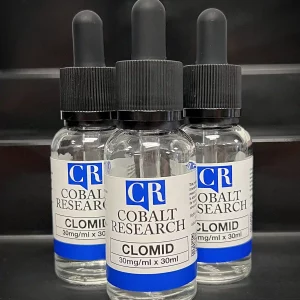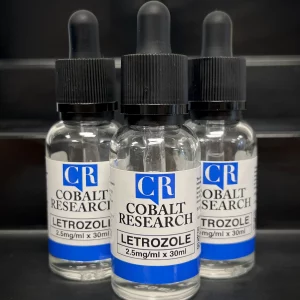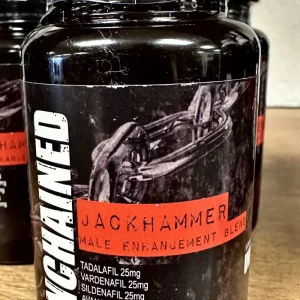CRS Cabergoline 25mg Tablet (30 Tablets)
$69.99
Cabergoline is a dopamine receptor agonist researched for its effects on prolactin suppression, hormone regulation, and neurological pathways. Each bottle contains 30 tablets (25mg/tablet) of research-grade Cabergoline supplied by Clinical Research Supply.
Compound Profile
-
Name: Cabergoline
-
Class: Dopamine D2 receptor agonist
-
Form: Tablet
-
Quantity: 30 tablets per container
-
Application: Laboratory and research use only
Mechanism of Action
-
D2 receptor activation: Cabergoline binds to dopamine D2 receptors in the pituitary gland.
-
Prolactin inhibition: This action reduces prolactin secretion, which regulates reproductive and hormonal balance.
-
Neurological influence: Dopaminergic pathways are also linked to motivation, mood, and motor activity.
Research Applications
Endocrine & Hormonal Studies
-
Reduction of elevated prolactin levels (hyperprolactinemia models)
-
Restoration of gonadal hormone balance
-
Evaluation in post-cycle protocols to support testosterone production
Neurological Investigations
-
Dopaminergic signaling research
-
Potential applications in models of Parkinson’s disease
-
Studies on motivation, behavior, and mood regulation
Reproductive Health
-
Exploration of Cabergoline’s role in fertility-related hormone pathways
-
Suppression of prolactin to restore ovulatory cycles in female models
Handling and Storage
-
Store tablets in a cool, dry environment away from direct light.
-
Maintain original sealed container for stability.
-
Use in accordance with laboratory safety protocols.
Research FAQs
1. What is the primary action of Cabergoline?
Cabergoline primarily acts as a dopamine D2 receptor agonist, leading to reduced prolactin secretion.
2. Why is Cabergoline studied in post-cycle research?
It supports hormone recovery by suppressing prolactin, which may otherwise interfere with testosterone regulation.
3. How does Cabergoline differ from other dopamine agonists?
Cabergoline has a long half-life, which allows less frequent dosing in research protocols compared to agents like bromocriptine.
4. What are non-hormonal research interests for Cabergoline?
Neurological studies investigate Cabergoline’s role in dopaminergic pathways linked to motor activity and behavior.

















